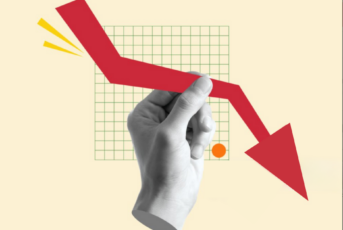We all have important dates to remember in our lives such as birthdays and anniversaries. When it comes to investing for dividends, there are three key dates that everyone should memorize. The three dates are the date of declaration, date of record, and date of payment. Most investors buy stocks only for their cash dividends, this is especially true now because interest rates are so low and investors are hungry for yield. However, the next time you decide to buy a stock for its dividend, keep the following three dates in mind to ensure you get the cash you deserve.
Date of Declaration
The date of declaration is when the company’s board of directors announces their intention to pay a cash dividend. Once declared, the company incurs a liability on their books to reflect the proposed dividend to shareholders. At the same meeting, the board of directors also announces the date of record and date of payment.
Date of Record (and ex-dividend date)
The date of record is how the company determines which shareholders are entitled to the dividend. A company maintains a record of all their shareholders, unless the shares are held in street-name. Street-name means you own your shares through a brokerage account. In such cases, the company pays the broker and the broker deposits the cash dividend in your account. The ex-dividend date is two days before the date of record. Investors who own the stock before the ex-dividend date are entitled to the dividend whereas investors who buy the stock on or after the ex-dividend date will not receive the dividend. As a result, the value of the stock declines on the ex-dividend date because the stock trades without the right to the dividend and the value of the company decreases because the dividend no longer belongs to the company.
Date of Payment
This is the last date to remember for dividends because the date of payment is when you actually receives the cash dividend.
Sometimes companies pay large special dividends (such as Microsoft in 2004) because they have excess cash on their books and they want to distribute it to shareholders. You could potentially miss out on a cash dividend if you do not pay attention to the three key dates mentioned above. Most importantly, don’t buy a stock just for its dividend. Dividend paying companies are usually mature companies that can no longer reinvest their profits into the business to earn a sufficient return required by their shareholders. You should have a diversified portfolio that includes both dividend and growth oriented companies.
Have a financial question? Contact ACap Asset Management at info@acapam.com or 818-272-8511.
Ara Oghoorian, CFA, CFP® is the president and founder of ACap Asset Management, Inc., a “Fee-Only” investment management firm headquarted in Los Angeles, CA specializing in helping doctors and healthcare professionals make sound financial decisions. Visit us at www.acapam.com









